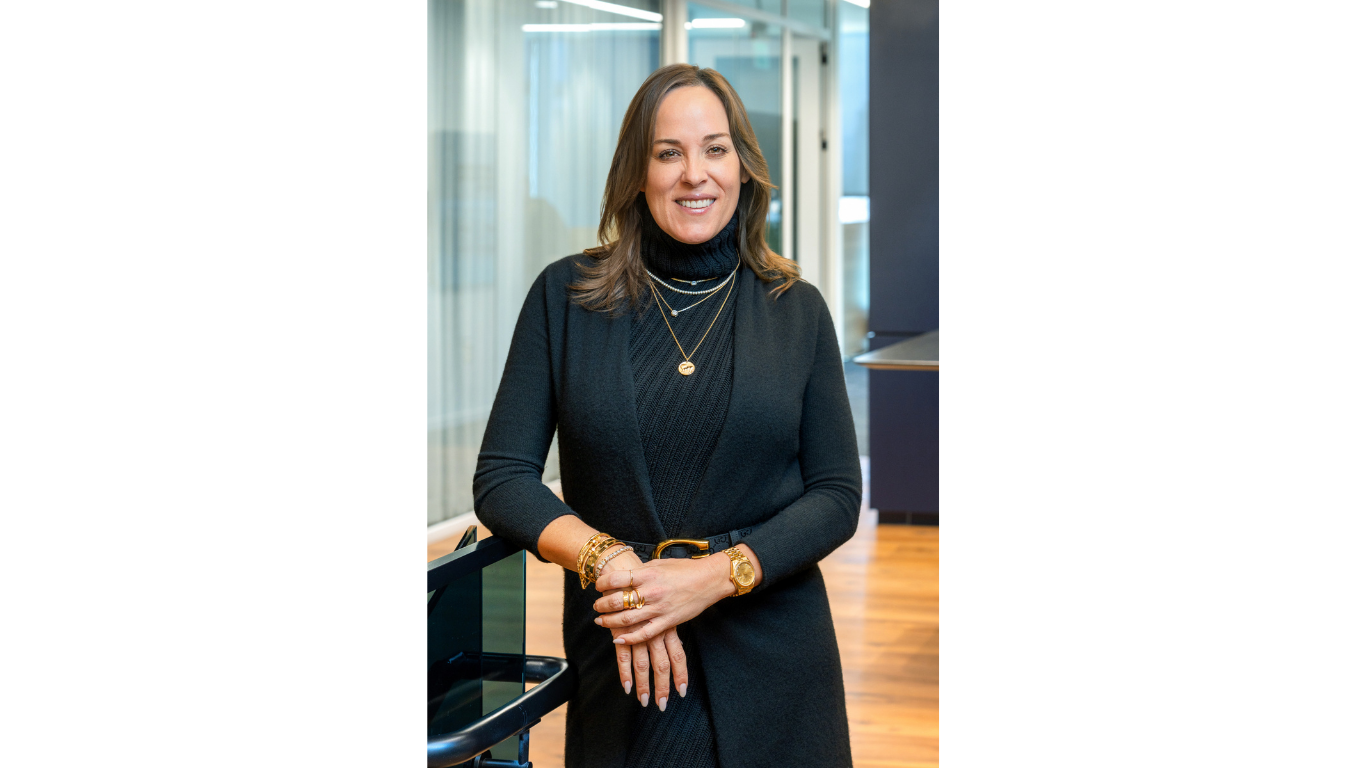Retirement should be a time of relaxation, enjoyment, and exploration—a well-deserved break after decades of hard work. However, achieving a truly peaceful retirement requires more than just saying goodbye to the workplace. It demands thoughtful planning, foresight, and careful management of your finances, health, and overall lifestyle.
Here are 10 key mistakes to avoid if you want to enjoy a financially secure and emotionally satisfying retirement.
1. Not Starting to Save Early Enough
One of the biggest mistakes people make is waiting too long to start saving for retirement. The earlier you begin, the more time your money has to grow thanks to compound interest. Many individuals put off saving due to other priorities, but even small, consistent contributions can accumulate significantly over time.
Start as soon as possible, even if you can only contribute a small amount. The key is consistency. If you’re late to the game, don’t panic—just adjust your expectations and consider boosting your savings rate.
2. Failing to Calculate Your Future Expenses
Many retirees make the mistake of underestimating the costs associated with retirement. You may think that expenses will decrease once you stop working, but the reality is often the opposite. Healthcare costs, insurance premiums, property taxes, and inflation can drive up expenses in unexpected ways.
3. Overlooking the Impact of Inflation
While inflation may seem like a distant concern, it can significantly erode your purchasing power over time. Retirement can span decades, and what costs $100 today could cost much more in the future, leaving you with a fixed income that doesn’t stretch as far as you might have hoped.
Factor inflation into your retirement planning by assuming a modest, steady increase in costs over the years. Also, consider investments that can outpace inflation to protect your purchasing power in the long run.
4. Being Too Conservative with Investments
Once you retire, you may feel the need to play it safe with your investments. However, putting too much of your money into low-risk, low-return assets can actually hurt you in the long term. If your investment growth isn’t keeping up with inflation, your savings could quickly lose value over time.
It’s important to find the right balance between growth and security. A diversified portfolio—one that includes a mix of stocks, bonds, and other assets—can help you maintain a healthy return while minimizing risk. Revisit your investment strategy periodically to ensure it aligns with your retirement goals.
5. Neglecting Health and Long-Term Care Planning
As you age, healthcare becomes an increasingly important concern. Many retirees neglect to plan for health-related expenses, assuming that Medicare or their existing health insurance will cover everything. However, health costs in retirement can be substantial, especially if long-term care becomes necessary.
6. Putting All Your Eggs in One Basket
Many retirees make the mistake of having too much of their wealth tied up in a single asset, such as their home or one investment. While it’s natural to assume your home will be a great asset in retirement, relying on it exclusively can be risky. Property values can fluctuate, and it may not always be easy to access the equity without selling.
Diversify your retirement portfolio by spreading your investments across various asset types, including stocks, bonds, real estate, and possibly even cash or annuities. Consider ways to unlock the value in your home if needed, such as through a reverse mortgage, which can offer a reliable stream of income in exchange for home equity. However, it’s important to understand the pros and cons of reverse mortgages before making this decision. Speaking with a financial advisor is essential to understanding how to diversify your portfolio and obtain a steady income.
7. Relying Too Heavily on Social Security
Social Security is an important safety net, but it shouldn’t be your only source of income in retirement. The average Social Security benefit is often not enough to maintain a comfortable lifestyle, and relying on it alone can lead to financial strain.
You should aim to supplement Social Security with personal savings, pensions, or other income streams. By having multiple sources of income, you can ensure a more stable and secure financial situation.
8. Not Having a Clear Retirement Vision
Retirement isn’t just about having enough money—it’s about having a plan for how to fill your time in a way that brings you joy and fulfillment. Many people make the mistake of assuming that they’ll figure it out once they stop working, but that lack of direction can lead to boredom, loneliness, or a sense of purposelessness.
Take time to define what you want out of your retirement years. Whether it’s traveling, volunteering, starting a hobby, or spending more time with loved ones, having a sense of purpose can make your retirement far more rewarding.
9. Ignoring Estate and Legacy Planning
Estate planning is often neglected until it’s too late. Without a solid estate plan in place, your heirs could face unnecessary tax burdens, or your assets may not be distributed according to your wishes.
10. Failing to Adapt to Changing Circumstances
Retirement isn’t static; your plans and needs will evolve over time. Failing to revisit your financial and lifestyle plans regularly can leave you unprepared for changes such as health issues, inflation, or unforeseen expenses.
Be willing to adapt your strategy as your life circumstances change. Reassess your retirement plan every few years to ensure you’re on track, and make adjustments as needed. Flexibility is key to maintaining peace of mind during your retirement years.
Final Thoughts
While retirement can be one of the most rewarding phases of life, it requires careful planning and thoughtful decision-making to ensure it’s truly peaceful. Avoiding these common mistakes can help protect your financial future and emotional well-being, allowing you to enjoy everything retirement has to offer.































